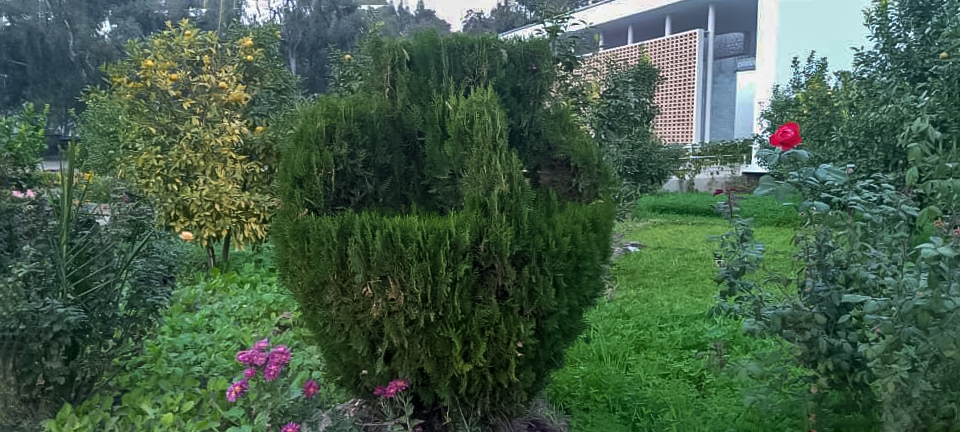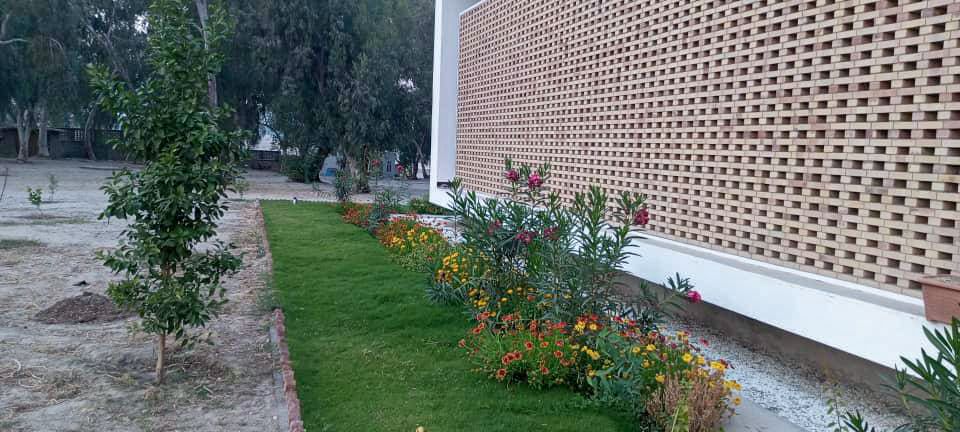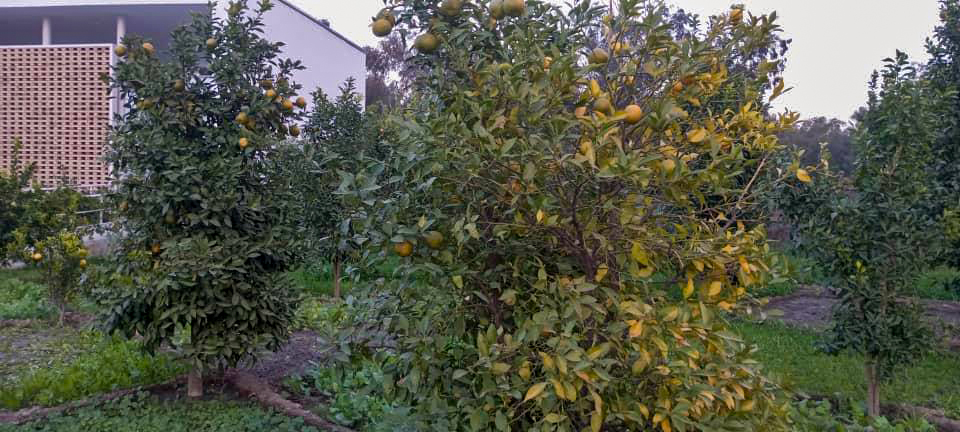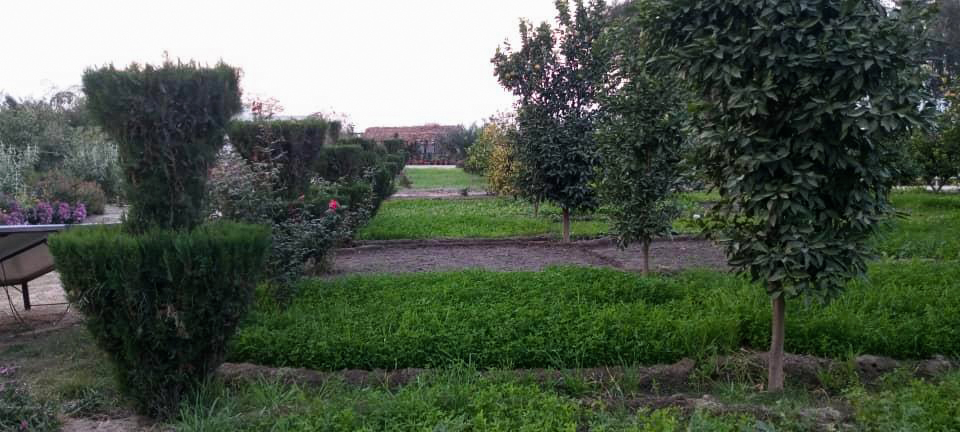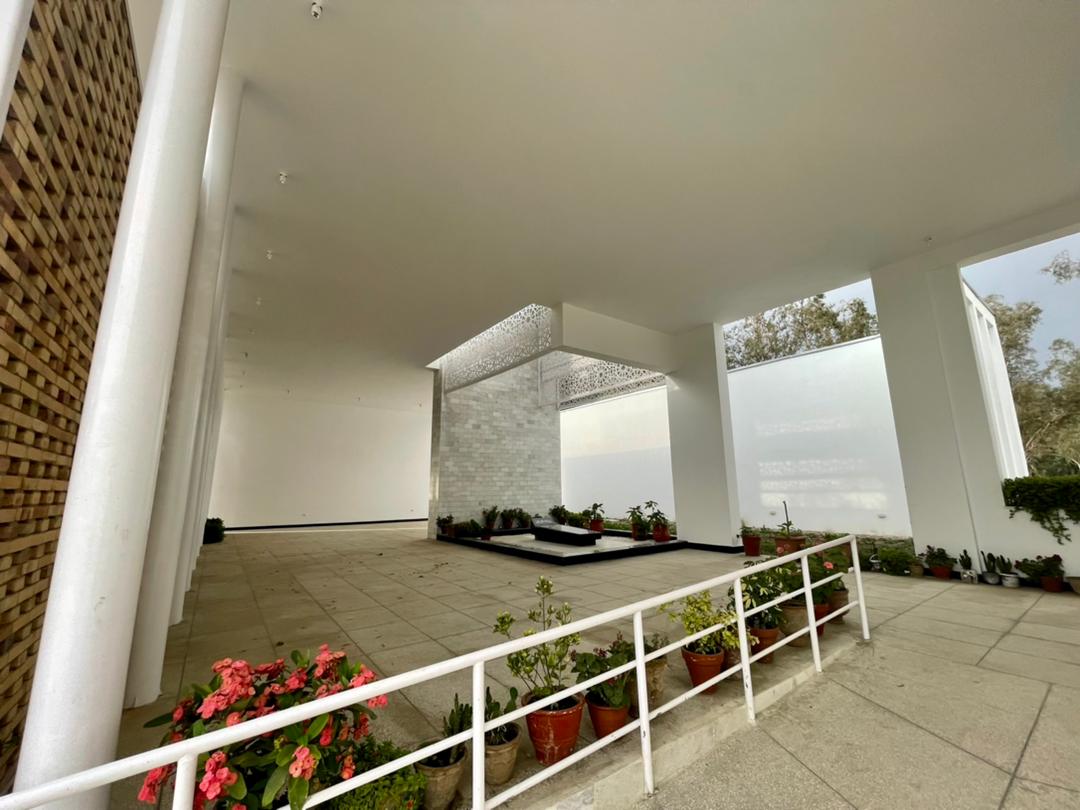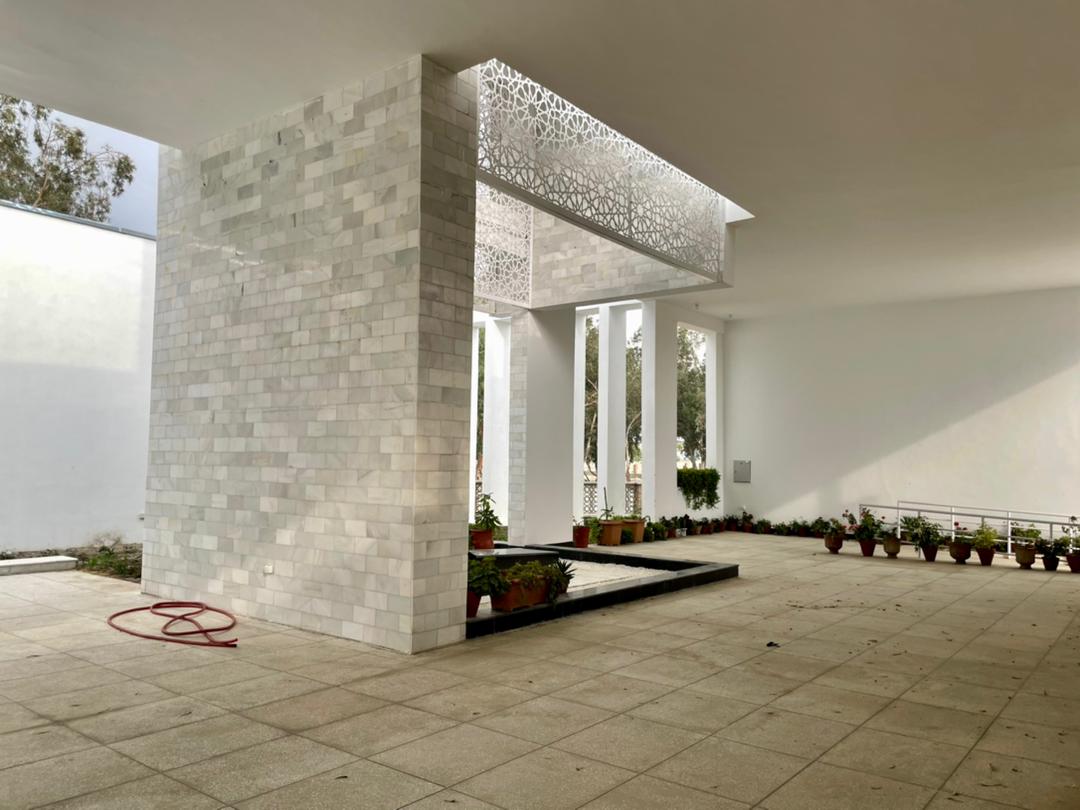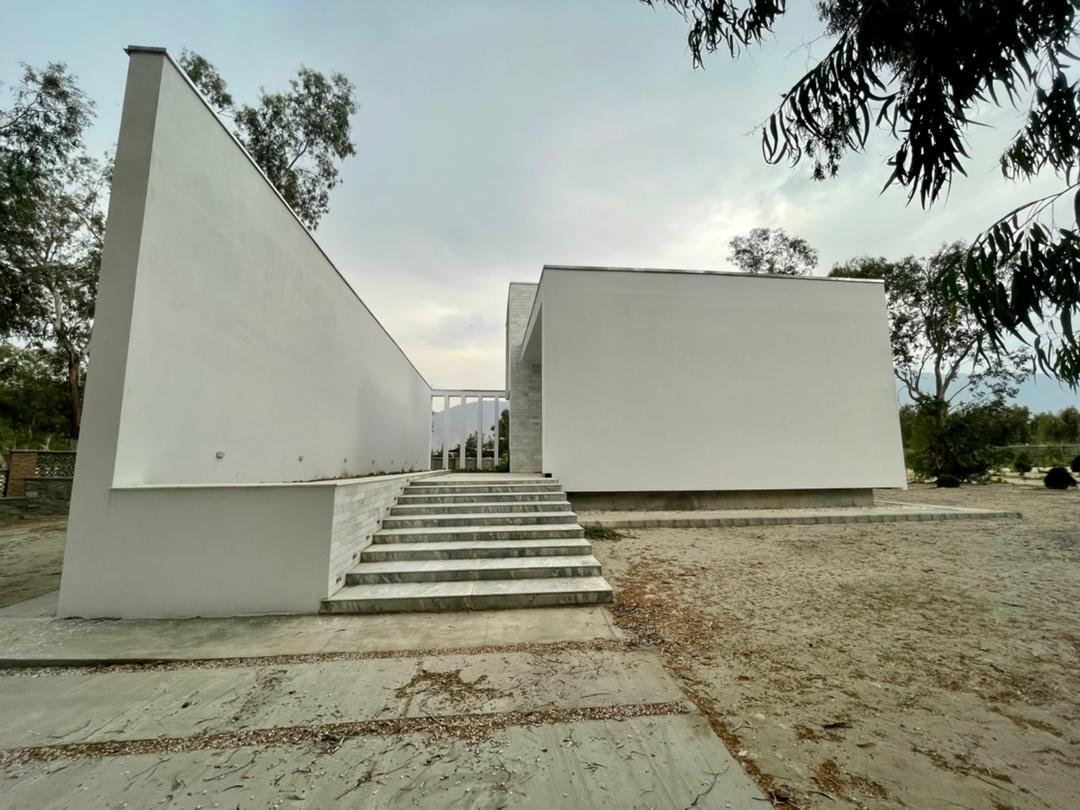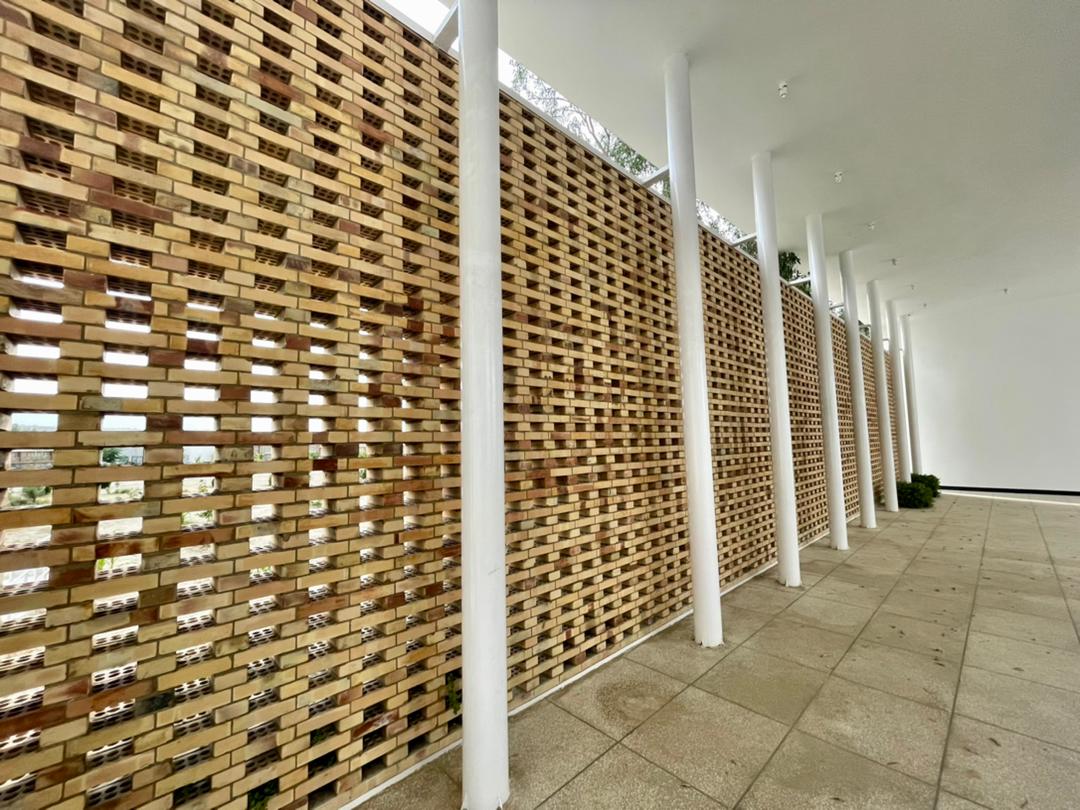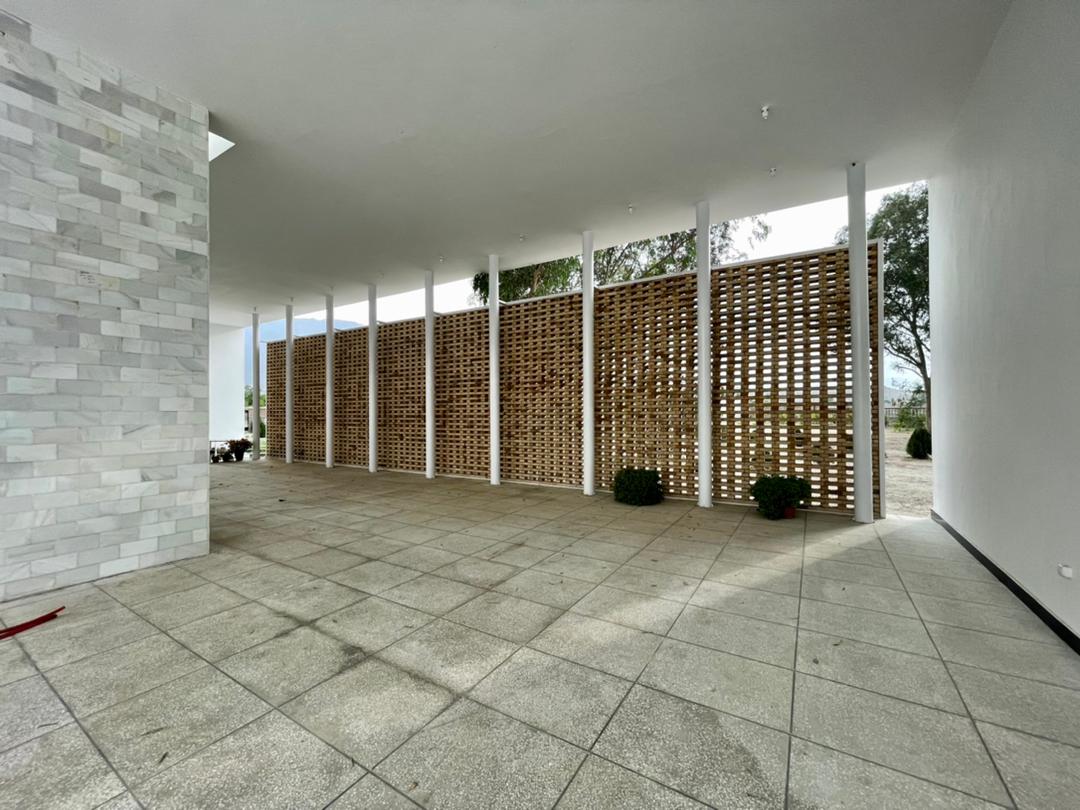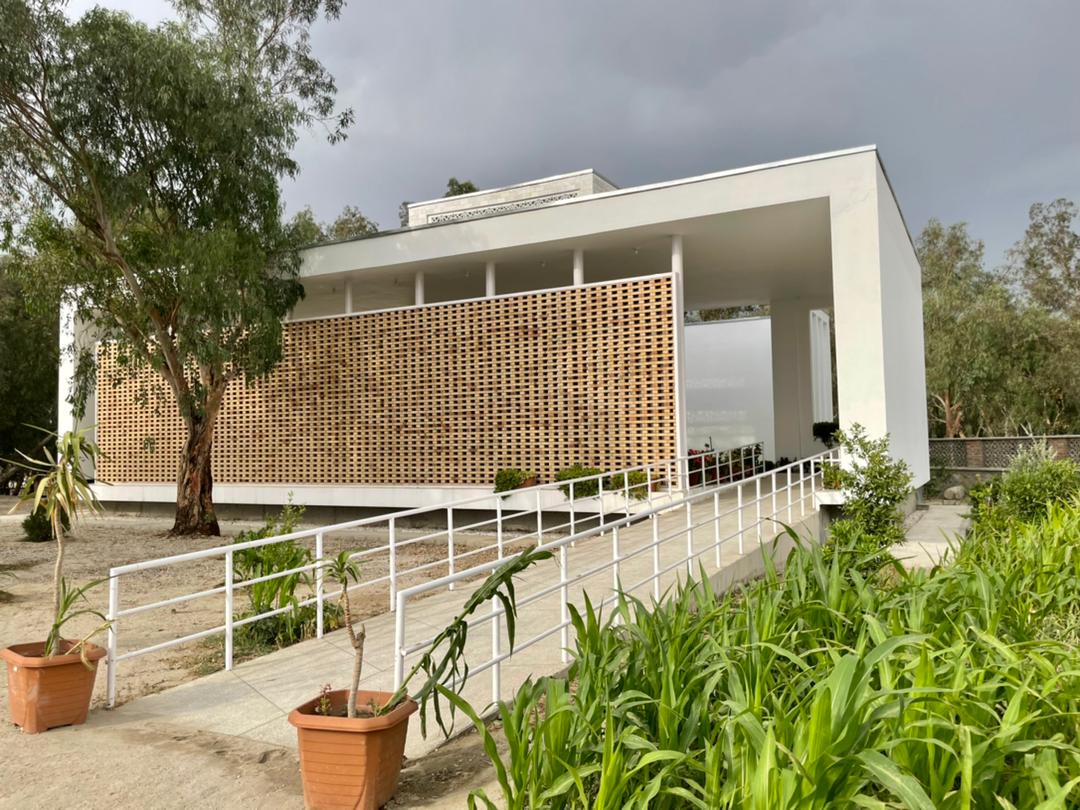In acknowledging the life and legacy of Prof. Kakar, a Mausoleum complex is being constructed in Surkhakan, a unique spot next to the Kabul River with facilities for the local community chosen as a resting place for Prof. Kakar. This place is also the final resting place for famous Afghan writer and poet Sadduddin Shapoon, a long-term friend of Prof. Kakar.
- Planning and construction a resource center with financial support from Prof. Kakar’s family of, which will include a reception center, an auditorium, an amphitheater, a library, praying facility and garden in different phases
- Management and planning of educational and recreational activities to the community
“Thorough, Forward-thinking, and Modesty”. These were the guiding principles of Professor Kakar’s life, and the inspiration for construction of his mausoleum in Surkhakaan, Laghman. A green oasis of the eastern province and a cradle of learning and education, Laghman is the birthplace of Professor Kakar and is the home of the community that provided him enormous support during his early years. Professor Kakar lost both of his parents at a young age, but he managed to continue his studies from a remote village, thanks to the constant encouragement and support of his extended family members and the local community.
Professor Kakar’s family chose the land in Surkhakan, courteously donated by the Afghan Government to the Kakar History Foundation to pay him homage. It is a unique landscape, surrounded by trees planted during the time of King Zahir Shah, facing the Kabul River. At the conclusion of construction, the structures will be visible from the nearby Kabul Jalalabad highway, especially when solar panels will power the top of the mausoleum at night.
The Mausoleum has been designed by a team of architects and engineers led by Mr. Mustafa Nouri, seasoned Afghan-American design architect and construction manager. The team led by architect Nouri projected a complex which will include a Reception Center, an Auditorium, an Amphitheatre, a Library and a Praying Facility. The complex will also comprise seating areas for families to gather from different walking trails.
The structures in harmony with the surrounding environment, aim to reaffirm the wholeness of the nature found in Laghman, all while portraying the notion of simplicity that inspired Professor Kakar’s work and life. Professor Kakar did not like unwarranted admiration, “Instead of praising me – he was known to say – read my books and writings; critique them and spread them to others”. This is why rather than a purely commemorative Mausoleum, the Kakar History Foundation commissioned a project that could serve the community and honor the dedication of Professor Kakar for the people of Afghanistan.
The spaces are designed to host outdoor/indoor events for academics, students, families and members of the local community. The clean lines and modern design of the buildings are integrated with traditional Islamic elements, such as the screen system, to make it truly one of a kind. Infographic positioned nearby the Mausoleum will showcase Professor Kakar’s work and thoughts.
The foundation stone was laid on January 9 as commemoration of the 3rd anniversary of his death. The project is funded by the Kakar’s Family, and it will be built in different phases. The Kakar Foundation is grateful for the personal attention of President Ashraf Ghani and other leaders of the government, support of the Laghman authorities and the local community, the academic community and others, and, finally, the Board members of the Foundation for overseeing the progress of the work of the Mausoleum and other activities of the Foundation.






